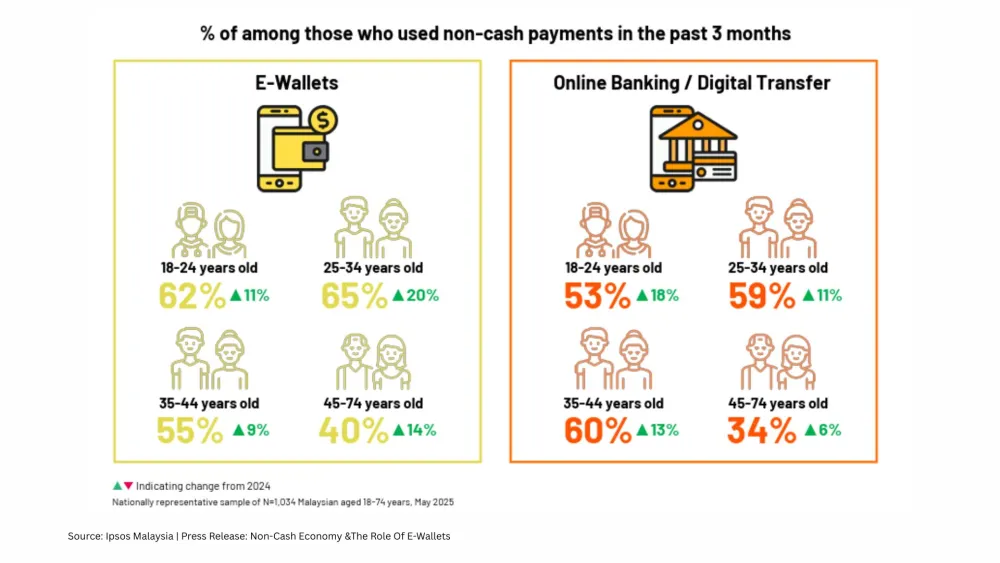
PH banks missing out on revenue from growing middle class market
Over 7 in 10 loans made by banks are extended to corporates– leaving 15 million SMEs and self-employed workers with little access to traditional finance.
The Philippines has been identified as one of the world’s largest greenfield markets for digital financial services by McKinsey & Co– but local banks are not rising up to attain its true potential.
Banking penetration rate remains among the lowest in the region. Traditional financial institutions focus heavily on commercial lending, leaving a rapidly growing, increasingly affluent, and digitally savvy potential customer base with little access to financial services that meet their needs, the consulting firm said.
“Traditional banks remain focused on wholesale banking and have been slow to reach new customers outside their existing client base. Rural areas are home to nearly half the population, yet rural households are especially underserved, and many have little or no access to brick-and-mortar banking infrastructure,” wrote McKinsey senior partner Guillaume de Gantès; associate partner Hernan Gerson; and Manila partner Kristine Romano in the report.
Philippine banks reportedly only devote less than 10% of their revenues to IT. In comparison, on average, incumbent banks across APAC invest about 15% of their revenue.
In line with this, digital channels of Philippine banks’ account for just 5% to 15% of their revenue– well below the average of 25% for their peers in Asian emerging markets.
Local fintechs, meanwhile, focus almost exclusively on payments. Infrastructure constraints further limit their reach, the analysts noted.
ALSO READ: Hong Kong banks reminded they may engage with virtual asset entities: central bank
“The result is a widening gap between the country’s enormous underbanked population and the expanding range of innovative financial technologies lying just beyond its borders,” they warned.
Corporations receive 76% of all loans extended in the Philippines. In contrast, small and medium enterprises or SMEs continue to face binding credit constraints.
This is a problem for a country with over 15 million informal entrepreneurs and self-employed workers– a massive pool of would-be borrowers who have little access to traditional finance.
Retail lending also remains focused on a narrow band of wealthy households, McKinsey noted.
“This unbalanced distribution of existing loans—combined with a rapidly growing adult population, continuous broad-based gains in household income, ongoing regulatory efforts to promote financial inclusion, and the introduction of new digital technologies—makes retail lending especially prone to disruption and accelerated growth,” the report said.
Domestic banks have also traditionally ignored remittances, which mobile payment players such as GCash and Maya are now explicitly targeting. It’s easy to see why these e-wallets have set their sights on this: each year, on average, about $30.5b in remittances–or 10% of the country’s GDP– flows into the Philippines through wire-transfer services and traditional interbank networks.
Despite this massive market, traditional banks have not systematically incorporated remittance income into their lending decisions, McKinsey noted.
“Remittances play an especially vital economic role in rural areas, where households are least likely to have access to bank accounts, credit histories, and collateral. Domestic payment services such as GCash and Maya are explicitly targeting remittance transactions, disrupting the established model of brick-and-mortar service providers,” the analysts wrote.
As a result of underinvesting on digital and suboptimal servicing to the growing middle class sector, banks are now facing challenges in this space.
On the upside, mounting pressure from fintech firms is spurring innovation amongst the traditional banking sector. As an example, BPI– one of the country’s largest banks– launched the Vybe e-wallet on its mobile app. It offers many of the same services as GCash and Maya. UnionBank has also begun offering fully digital financial services to underbank consumers via its digital proposition.
Traditional banks also still have time to turn things around, as dominant players in the digital space have yet to emerge outside the mobile-payments subsector.
Of the six virtual banks that have recently launched operations in the Philippines, none are currently lending at scale.
On the other hand, fintech giants such as GCash and Maya are inching into the lending, investment, insurance, and marketplace services. Maya has obtained a dedicated digital banking license; whilst GCash now offers consumer finance loans both from itself and third parties.
“Though their customer bases together encompass more than half the Philippine population, these digital pure plays are capturing only a small fraction of the market for digital financial services. To reach their potential, fintechs and digital banks must address their own unique challenges, including transforming operations and improving profitability to sustain growth momentum,” McKinsey analysts wrote.



















 Advertise
Advertise














